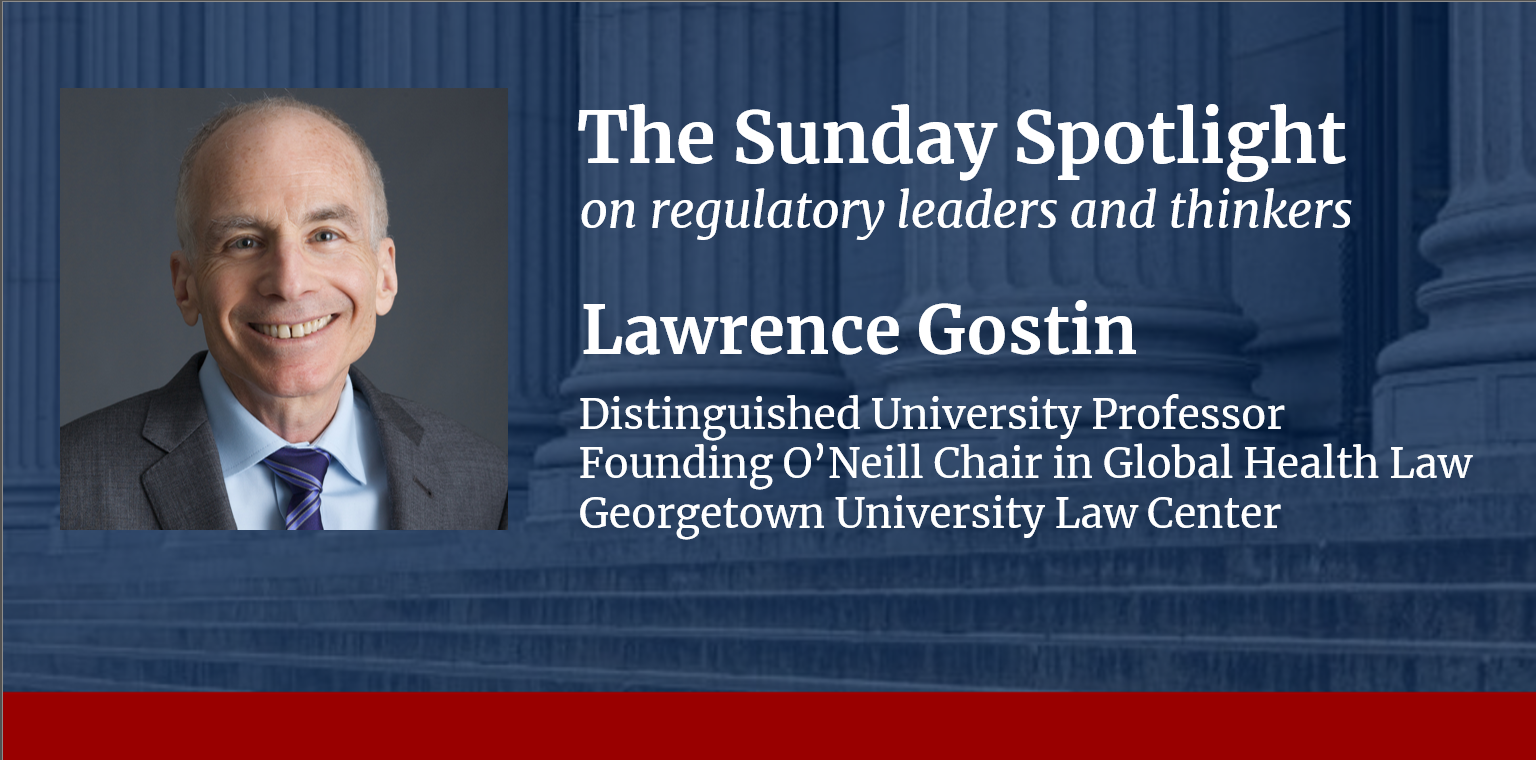Exploring Global Health Security: Insights from Lawrence O. Gostin
Lawrence O. Gostin, a leading expert in global and public health law, emphasizes the critical intersection of equity and science in addressing global health threats. In his recent discussion with The Regulatory Review, he reflects on the seismic shifts in U.S. health policymaking, particularly following President Donald J. Trump’s inauguration and the subsequent consequences for health both at home and abroad.
The Impact of Executive Orders
Within the first week of President Trump’s administration in January 2025, a series of executive orders transformed long-standing norms in U.S. health leadership. Most notably, the administration signaled its intention to withdraw from the World Health Organization (WHO), freezing foreign assistance funds and instituting cuts to critical public health agencies. Gostin warns that these actions jeopardized the U.S.’s historical role as a leader in global health security—an area where American influence has been paramount since the founding of WHO.
Threats to Health Emergency Response
The sweeping changes brought about by the Trump Administration—culminating in major funding and staffing reductions—diminished the nation’s capability to respond to health emergencies. With ongoing threats like H5 influenza among livestock and resurgent measles outbreaks, Gostin believes that the erosion of essential resources for public health could have dire consequences. Institutions like the Centers for Disease Control and Prevention (CDC) are particularly vulnerable, facing extensive cuts that not only impair domestic operations but diminish their international reach.
Historical Context of U.S. Leadership
Historically, the United States has played a pioneering role in global health. U.S. leadership at WHO has led to significant achievements, such as the eradicating smallpox. However, withdrawing from WHO puts the U.S. on the sidelines in critical conversations about health policy and strategies for addressing global health challenges. With diminishing access to vital surveillance data, the nation risks losing out on preventive measures that could limit the spread of diseases that threaten its borders.
The Pandemic Agreement and Future Cooperation
The new pandemic agreement, adopted by the World Health Assembly following the COVID-19 pandemic, aims to foster international cooperation and equitable access to healthcare resources. Unfortunately, the U.S.’s absence from this agreement weakens the collaborative spirit needed to tackle future health crises robustly. The agreements emphasize the need for equity in distributing medical resources and recognizing the importance of technological transfer to developing nations.
Domestic Public Health Spending Cuts
Gostin critiques the substantial cuts to federal public health budgets, particularly for the National Institutes of Health (NIH) and CDC. These reductions stifle the research capabilities necessary for understanding emerging pathogens and developing vaccines. In America’s federalist system, these cuts reverberate down to state and local health departments, ultimately undermining surveillance and immunization efforts that are pivotal for safeguarding public health.
The Role of Public Trust in Health Guidance
The COVID-19 pandemic illustrated the fragility of public trust in health agencies. Gostin highlights that misleading information, propagated through social media and even government channels, can erode community confidence in scientific guidance. This erosion may hinder individuals from following crucial health recommendations, such as vaccinations, further jeopardizing public health efforts.
Resurgence of Measles: A Cautionary Tale
The current measles outbreak in the U.S., once considered eliminated, serves as a stark reminder of the repercussions of declining vaccination rates. This outbreak underscores how quickly public health gains can be reversed when misinformation influences community behavior. High rates of vaccine hesitancy can lead to significant public health crises, as seen in the current multi-state outbreak centered in Texas.
Judicial Engagement in Public Health Policy
Gostin also addresses the judicial system’s potential to influence health law. While courts have pushed back against certain administrative rollbacks of scientific rigor in health policy, these efforts often remain insufficient. Cases like the Department of State v. AIDS Vaccine Advocacy Coalition exemplify the tension between political priorities and necessary funding for public health initiatives, creating challenges for future interventions.
The Imperative of Equity in Health Policy
Gostin stresses that equity should be a cornerstone of global health policymaking. The COVID-19 pandemic laid bare stark inequities in access to life-saving vaccines, which disproportionately affected low- and middle-income countries. An equitable approach not only values the dignity of all individuals but also serves as a cornerstone for global health security, as unchecked pathogens can easily cross borders and endanger populations worldwide.
Investing in Public Health for a Safer Future
Looking ahead, Gostin advocates for robust investments in scientific and public health infrastructure. He posits that funding agencies like the NIH and CDC is crucial for preventing disease spread and enhancing overall public health resilience. Moreover, supporting international health organizations like WHO and Gavi can lead to a safer and healthier world. Such investments, although relatively modest, have profound implications for U.S. national interests and global stability.
Through his insights, Gostin articulates the urgent need for a re-evaluation of U.S. health policies, advocating for a future anchored in evidence-based approaches and commitment to equitable health access for all.


